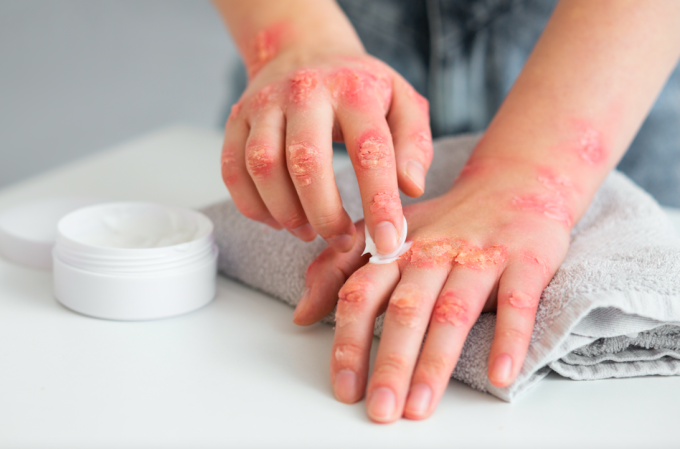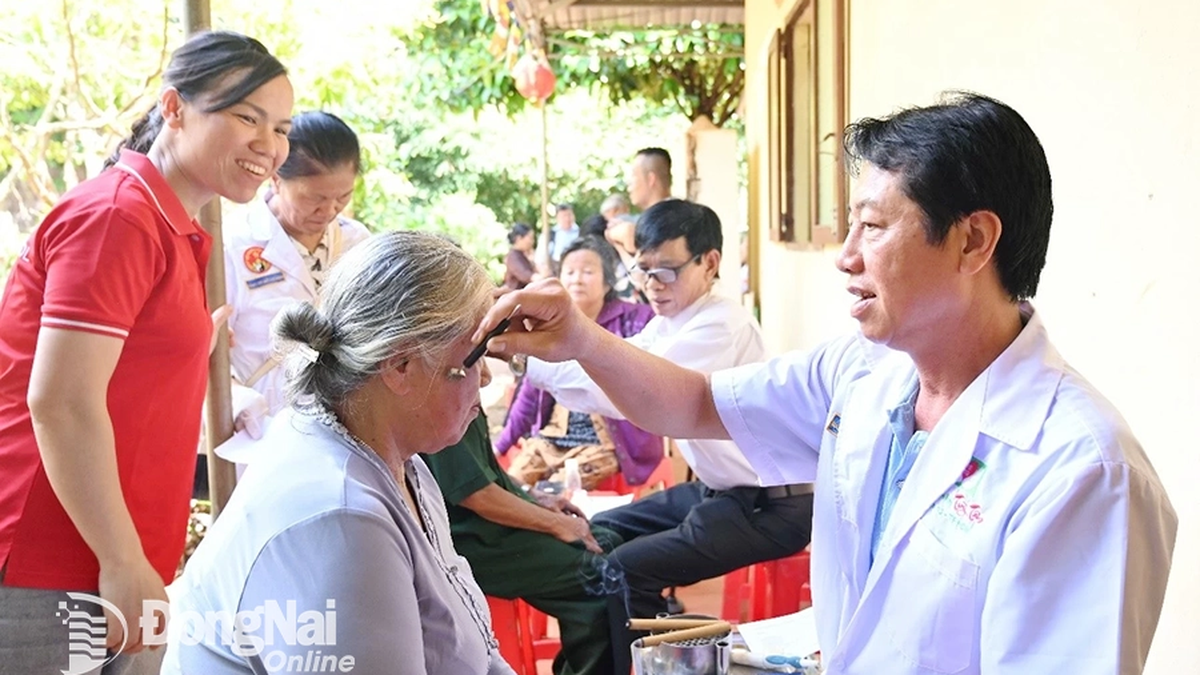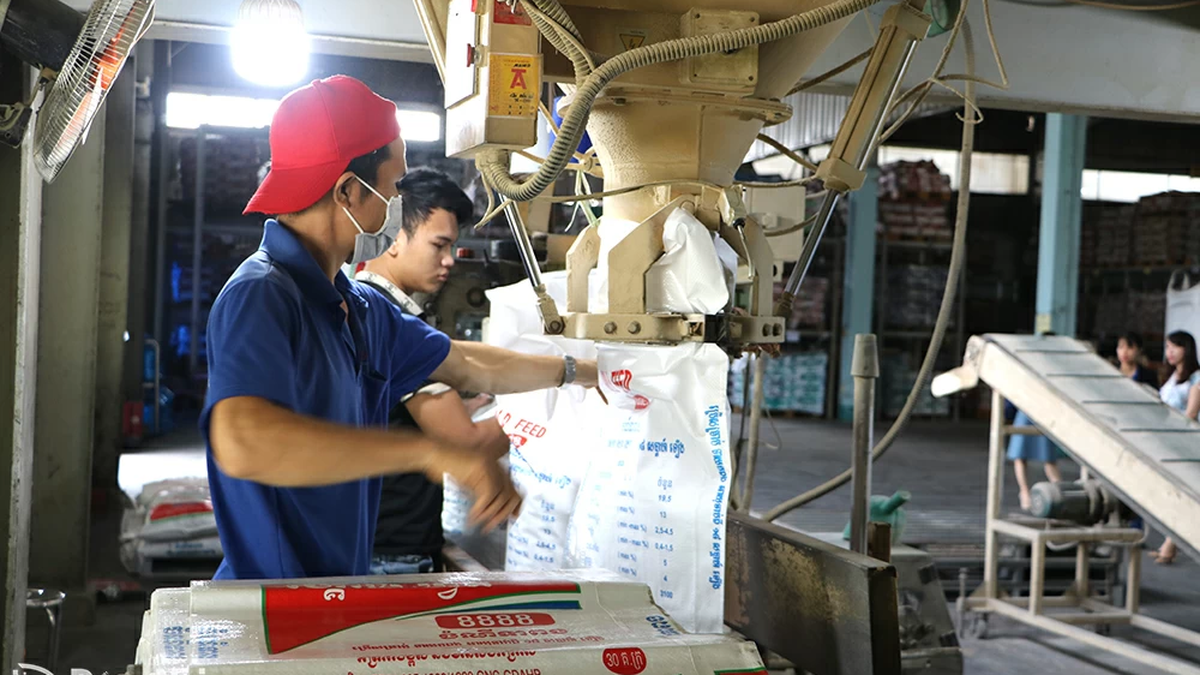Limiting alcohol consumption, smoking, and eating processed foods can prevent and control the symptoms of psoriasis.
Psoriasis is an autoimmune disorder closely related to lupus and rheumatoid arthritis. Psoriasis occurs when the body's immune system turns on its own defenses, attacking cells and tissues (mainly the epidermis) that it mistakenly thinks are harmful.
Researchers have not fully determined the cause of psoriasis, but there are a number of risk factors related to environment and lifestyle.
Too much exposure to sunlight
Sunlight and high temperatures can overheat the skin and trigger psoriasis. Hot weather, high humidity, sweating, and hot baths can also increase the risk.
To prevent the disease, people should apply sunscreen with a minimum SPF of 30, wear sun-protective clothing and a hat when outdoors. Choose cool, sweat-absorbent clothing. Bathe in warm water and do not take more than 10 minutes.
Drink alcohol
Alcohol can trigger immune dysfunction leading to inflammation and overgrowth of skin cells, making psoriasis worse. These drinks also reduce the effectiveness of treatment.
People who drink alcohol should give up this habit, can use light beer or wine, drink no more than two glasses per day.

People with psoriasis have dry, red, scaly patches on their skin. Photo: Freepik
Obesity
A 2017 study in Poland found that obesity is a significant risk factor for psoriasis. Excess fat cells stimulate the production of cytokine proteins, which trigger flare-ups of symptoms.
This condition often manifests as inverse psoriasis, which develops in skin folds including the armpits, under the breasts, between the buttocks, abdomen, and groin. Not only are these areas where fat cells are most concentrated, but the skin is also prone to rubbing against each other, causing friction.
Obesity can also affect treatment, causing patients to need increased doses of medication to achieve effectiveness, leading to an increased risk of side effects.
Stress
Stress has a huge impact on the immune system, which plays a major role in the development of psoriasis. Acute psoriasis flare-ups can be stressful and make the disease worse. This can be both a cause and a prolongation factor.
Physical stress, such as from surgery or childbirth, can also increase the risk of psoriasis flare-ups. Regular exercise, yoga, meditation, and deep breathing can help you relax and manage stress.
Smoke
Research published in the American Journal of Psoriasis in 2016 found that the number of cigarettes smoked per day affected psoriasis treatment, promoting systemic inflammation and reducing the effectiveness of anti-inflammatory drugs.
Unhealthy eating
Certain foods can increase inflammation and lead to psoriasis flare-ups. Specifically, red meat (beef, pork, sausage, bacon); dairy products; foods containing gluten; processed and canned foods; tomatoes, eggplant, potatoes, peppers...
Patients can keep a daily food diary to identify specific factors that cause psoriasis. Prioritizing a diet rich in fruits, vegetables, lean proteins, fish, beans, nuts and whole grains helps reduce inflammation and prevent the disease.
Mr. Ngoc (According to Verywell Health )
Source link






















![[Photo] Nghe An: Provincial Road 543D seriously eroded due to floods](https://vphoto.vietnam.vn/thumb/1200x675/vietnam/resource/IMAGE/2025/8/5/5759d3837c26428799f6d929fa274493)












































































Comment (0)